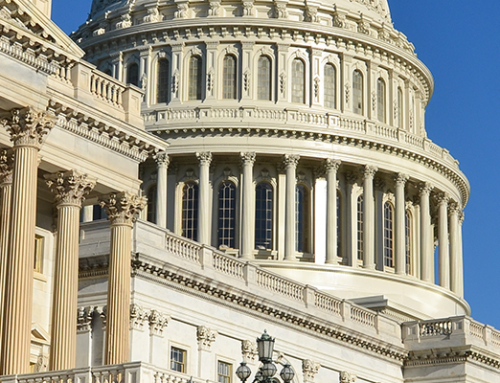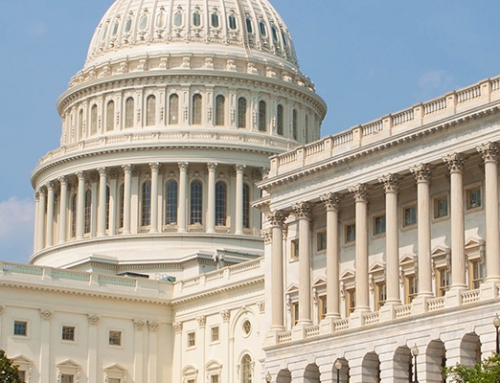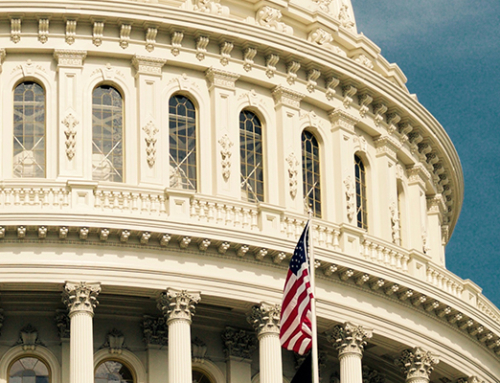Business representatives concerned about the impact of a failure by Congress to extend the Terrorism Risk Insurance Act (TRIA) today sent a letter to the House leadership urging that the House pass legislation that would provide for a long term extension of the program.
The letter signed by forty-seven businesses, federal and state trade associations points to a review of the impact of failing to extend the program conducted by RAND, concluding that workers’ compensation policy premiums would increase, more policies would be pushed into residual markets and employers would be required to absorb additional risk.
“The delay in extending this program has already resulted in increased risk and cost for employers across the country and failure to enact an extension will impose additional costs with respect to workers’ compensation for business and negatively impact job creation,” said Douglas Holmes, President of UWC – Strategic Services on Unemployment & Workers’ Compensation.
The letter notes that workers’ compensation cannot exclude terrorism, impose policy limits, or exclude losses from nuclear, biological, chemical, or radiological (NBCR) attacks. The risk falls directly on workers’ compensation and the employers who are required to maintain coverage for workers.” These costs are not theoretical. They impact business every day. The recent increased terrorism threats only underline the need to act now to extend this program, said Holmes”





